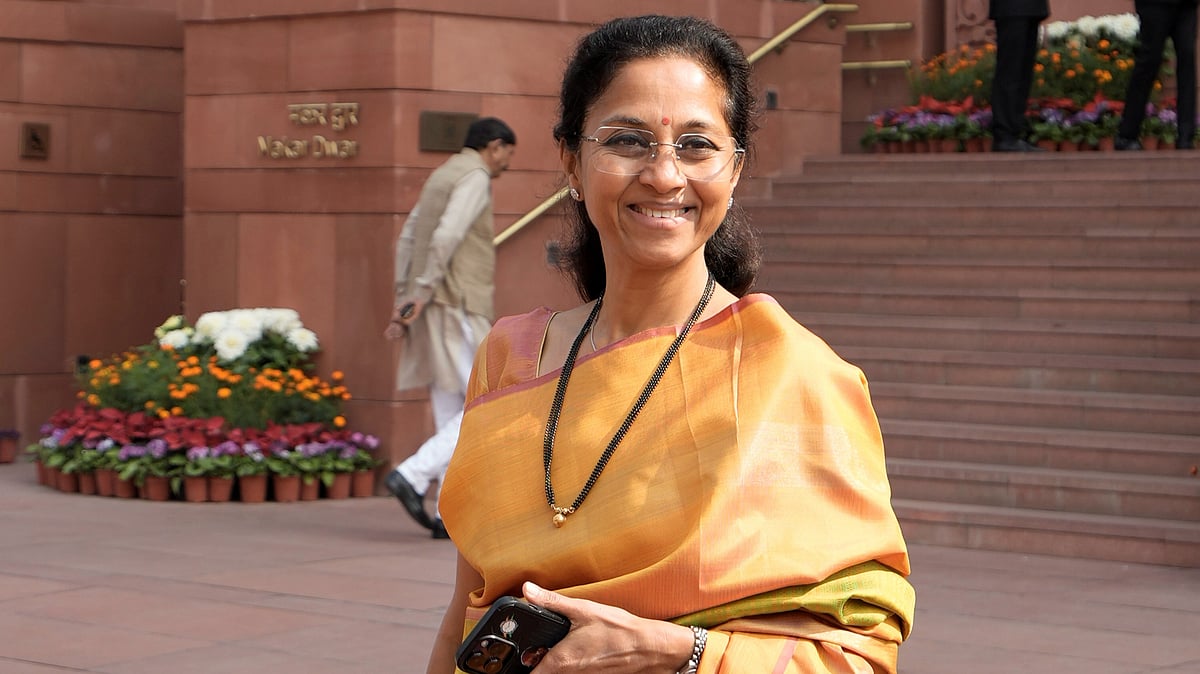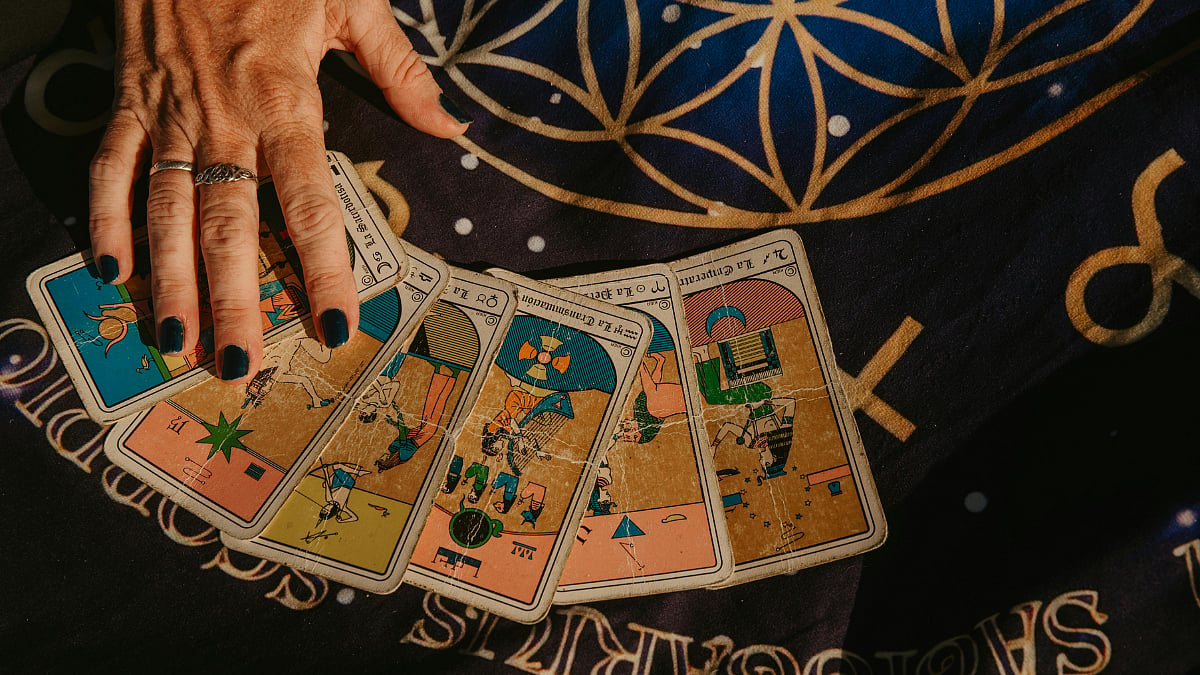What is gender neutral parenting? Why is it all the rage today? Elements of wanting to raise children in a gender neutral way would be going to a store that may not have different sections for girl and boy clothes. Not casually making remarks about an activity or an outfit as being ‘too girlie’, and not painting your son’s room blue, and your daughter’s room pink. Having a gender neutral attitude to raising your children, will encompass a mindset change. An overhaul. A fresher take on raising children.
Last week, Tesla CEO Elon Musk and his girlfriend Canadian singer Grimes said that they will adopt a more gender neutral style of parenting, in case their child didn’t identify with its gender. The child was named X Ӕ A-12. Not just him, Hollywood celebrities like Adele, Kate Hudson, Angelina Jolie, Will and Jada Pinkett Smith have a very gender neutral approach when it comes to raising their children.
The urban modern parenting of today is looking at laying down some ground rules. Boys and girls will be treated with a sense of equality especially at the home. Noida-based Garima Sahney has a seven-year-old daughter and lives in a joint family. Her brother-in-law has an eight-year-old son. The family has had conversations in the house, involving the elders, the children’s grandparents too, about how they endeavour to bring up her daughter and her brother-in-law’s son in a more gender neutral fashion. That includes not frowning upon the girl’s decision to play football, and being okay with the boy putting on nail polish and wearing make-up if he so pleases.
Sahney also talks about how during lockdown both her daughter and nephew have cultivated different aspects in their personalities. Her nephew has inculcated values such as good hygiene, being organised and tidy. Sometimes thought of as something women are stereotypically meant to be good in. Her daughter has discovered the talkative, extroverted side of her personality. Stereotypically, girls may be expected to be shy and coy.
“Everyone in the house takes care that there is no specific instruction for kids. We consciously try not to pass our thoughts and biases on to them. If my daughter always sees me working in the kitchen, my husband puts in the effort in the kitchen too. We want to dilute the role-specific ideas out there. When my husband and I have an argument on something, he and I consciously let me have the last word so when she gets married, she doesn’t have a fixed idea of what is expected of a woman. That is to acquiesce all the time. We let her be the judge of who is right and wrong in the argument. To talk about my nephew, initially when the grandparents saw my nephew applying nail polish and henna which he liked doing, they thought it awkward. But now they have accepted that too,” says Sahney.
Many times, when a parent has had a more or less gender-neutral upbringing, by virtue of their own parents having been in professions like the army where ‘mental and physical robustness’, and courage are core virtues for the profession, he or she tends to raise a more gender-neutral child. On occasion, children from such backgrounds are expected to be tough, play sport, and learn to instil so called boyish traits in their own personalities. Whether boys from such backgrounds feel free to be do things that are traditionally thought to be in a woman’s domain is a question one must ask.
Says Mumbai-based Meghna Sharma, “I come from an army background and I was raised almost like a gender neutral kid. My husband and I want to raise our kids as individuals. We have a 7-year -old daughter and she decides whether she wants to learn ballet or football. We also urge her to play cricket with the boys and go bowling, or learn sports like badminton. We want our daughter to grow up to be strong and confident.”
Sharma goes on to criticise clothing stores that have designated boy and girl sections where boy sections have more sporty attire and girl sections have flowers. However she recognizes that it is impossible to keep children in a bubble or protect them from external influences that typecast boys and girls. Wanting to completely change the kinds of products available, another mother, Delhi-based Amita Malhotra, founded a gender neutral children’s merchandise brand Equalitee. She expands on why exactly she did that. “When I would step out to buy clothes for my daughter, I was struck by gendering at every stage. If I had to buy a t-shirt symbolising some action such as a car, a dinosaur or a sporting icon, I could only do that from the boys’ section. The icons for girls imply that they are expected to only value appearance. I chose to call attention to the mainstream gendering by offering an alternative through Equalitee – a range of gender-cool t-shirts, stationery and toys. Influencing boys is also a key goal for us. Our Sensitivity theme of T-shirts shows a boy nursing a hurt teddy bear. This is to showcase that boys can be kind and caring. We as a society force them to bottle up their feelings.”
While Indian mothers and fathers are increasingly becoming open to gender-neutral parenting, Ritika Aggarwal Mehta, Consultant Psychologist, Jaslok Hospital and Research Centre, feels parents should not “confuse children about who they are while adopting such a style of parenting”. “It is important to have honest conversations with children, which parents in India shy away from. Unlike in the west where they are more open to such conversations. If gender neutral parenting is done in bits and pieces and not holistically the child can end up being confused. Parents in India are also not open with their children about their sexuality as a topic and prefer those questions to be handled by someone else. However, the trend is overall a healthy trend because it equips both genders with necessary life skills. For example, both genders will know how to cook and look after themselves. Especially in times like the lockdown right now. Each child must basically be able to identify his or her own strengths and build on them. Not someone else's strengths," she further adds.










